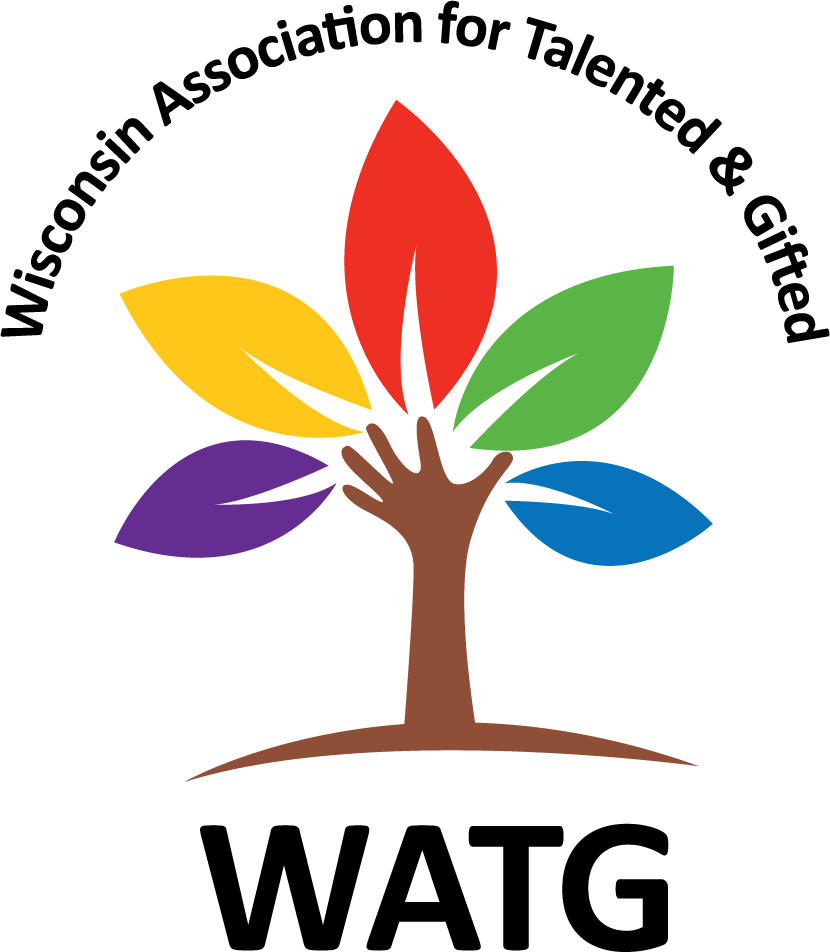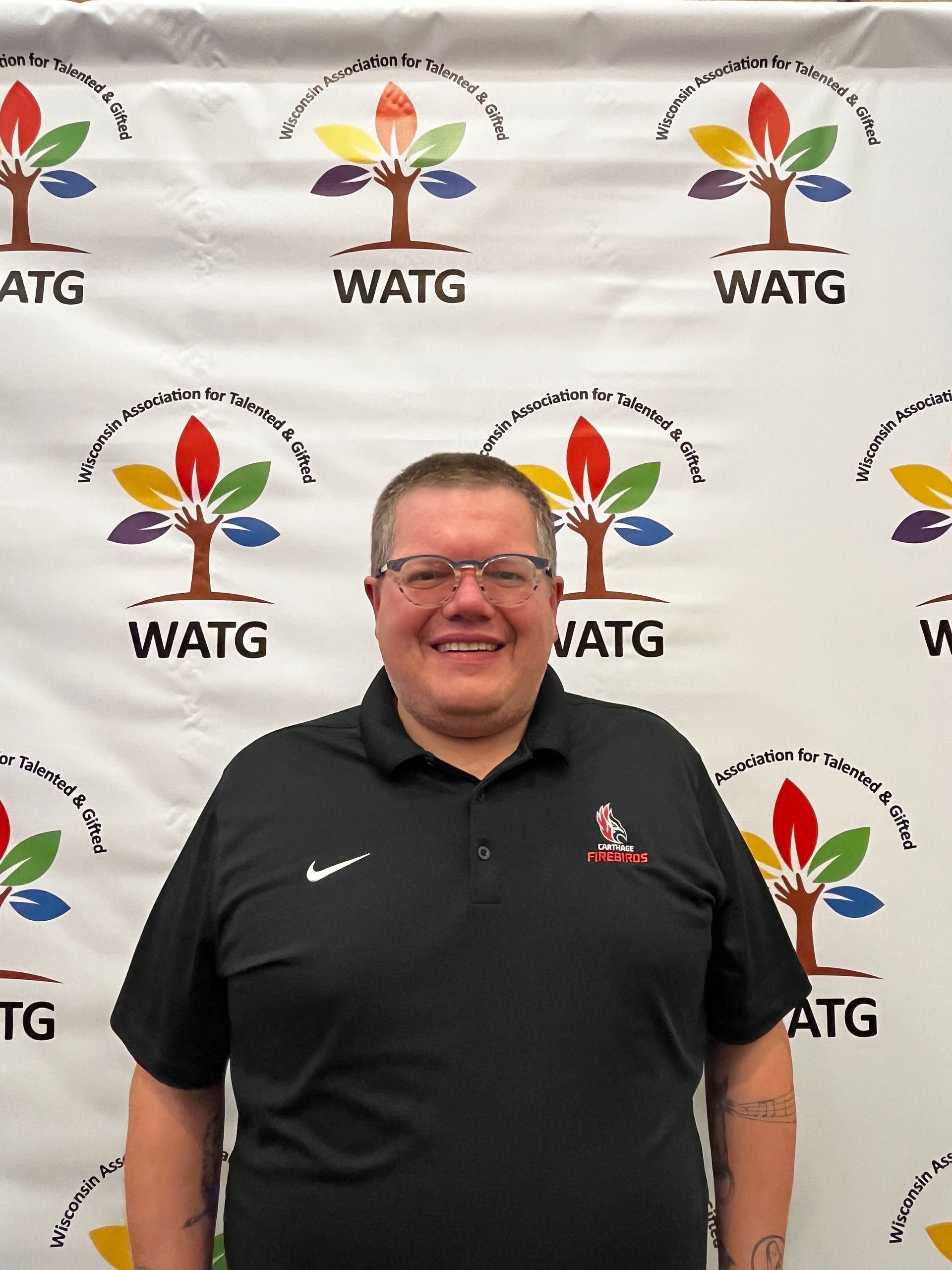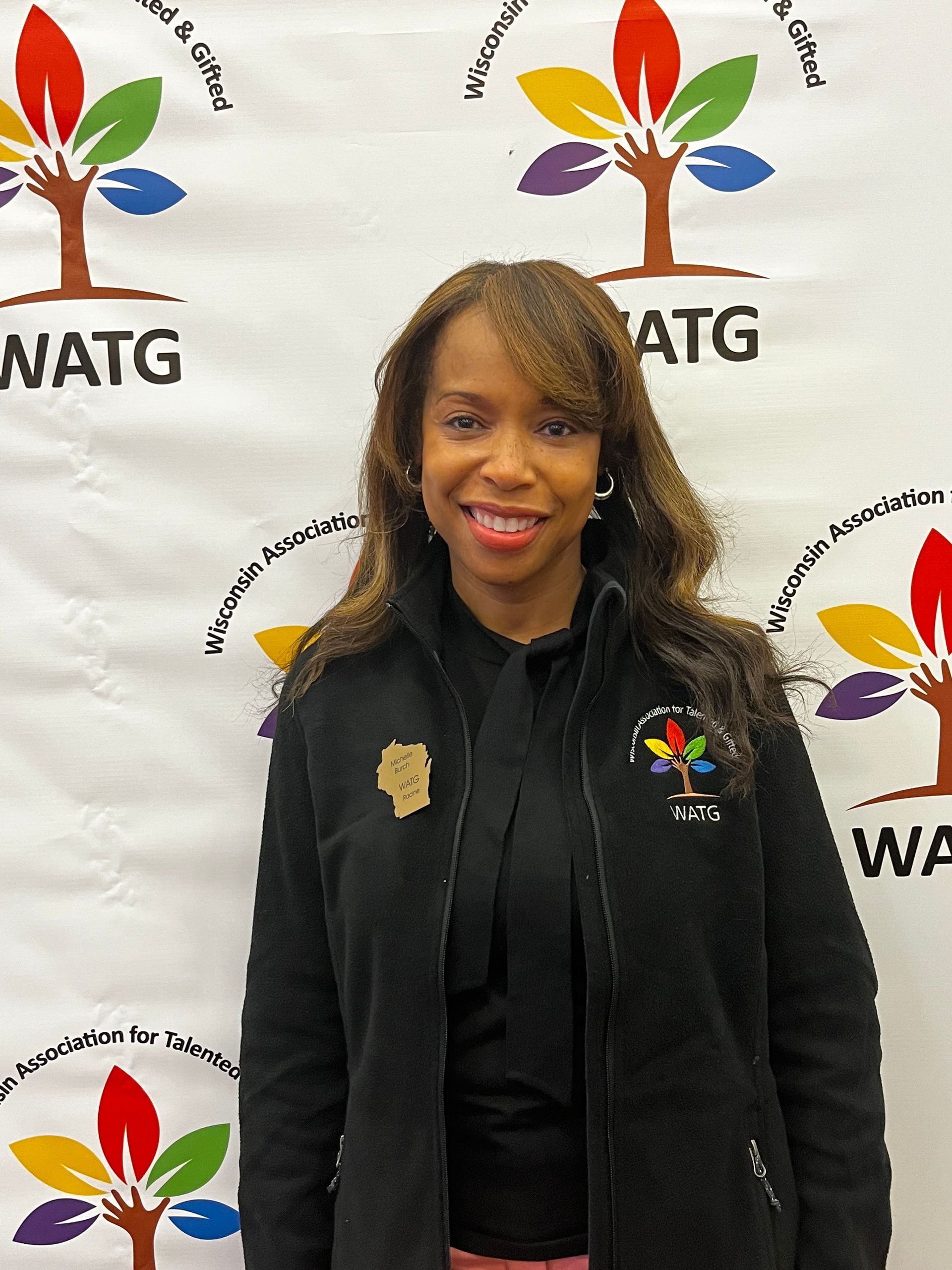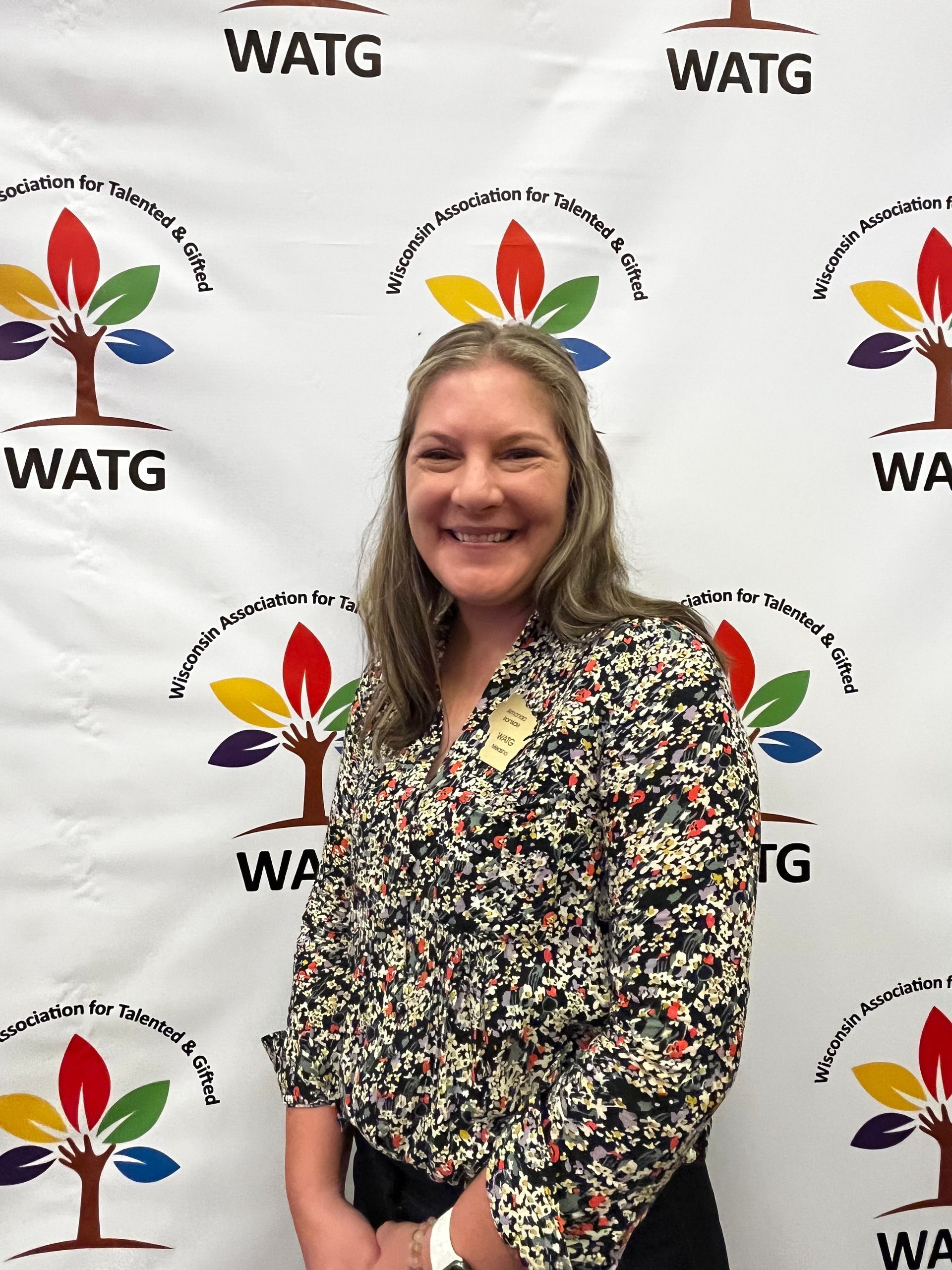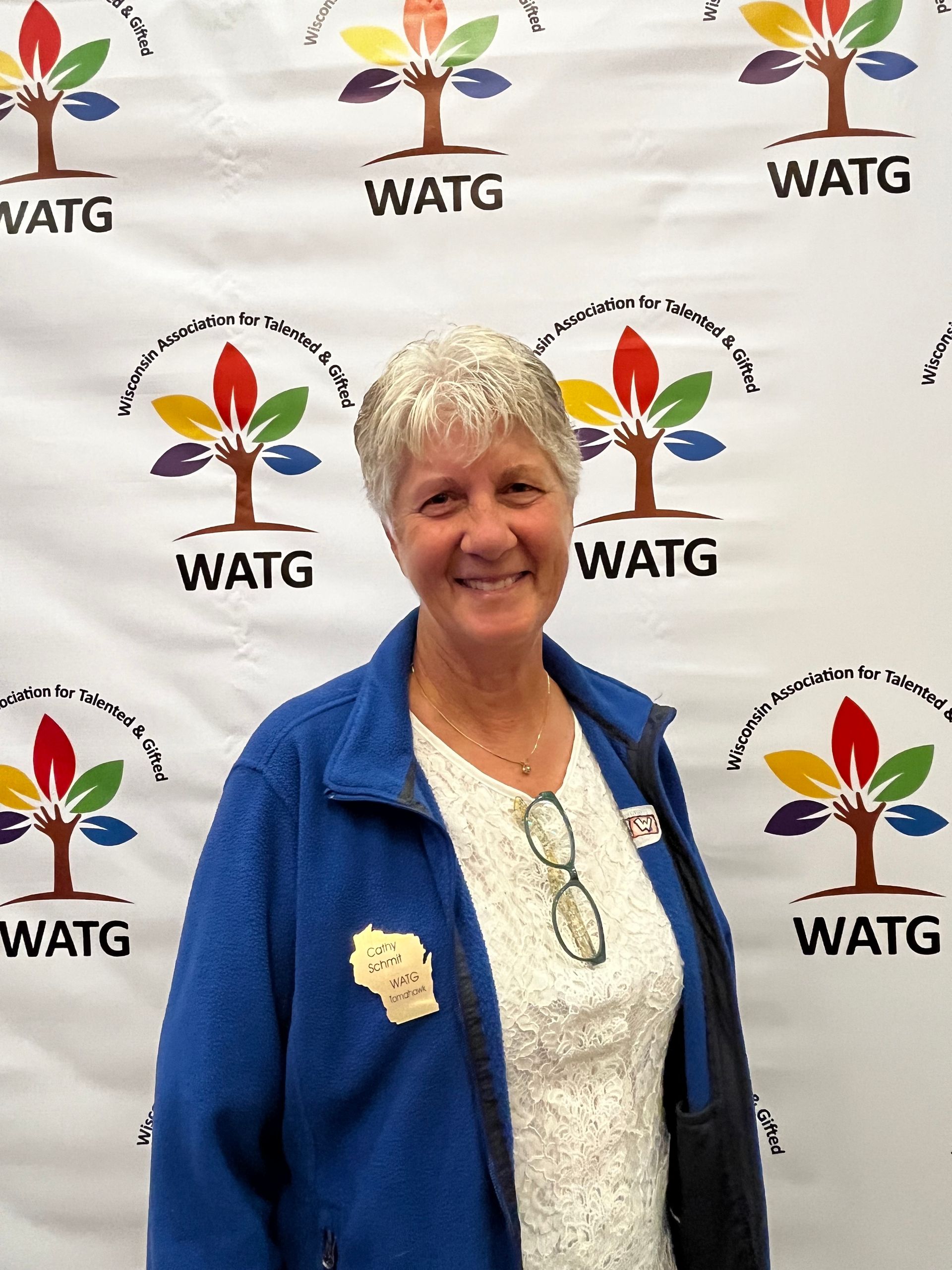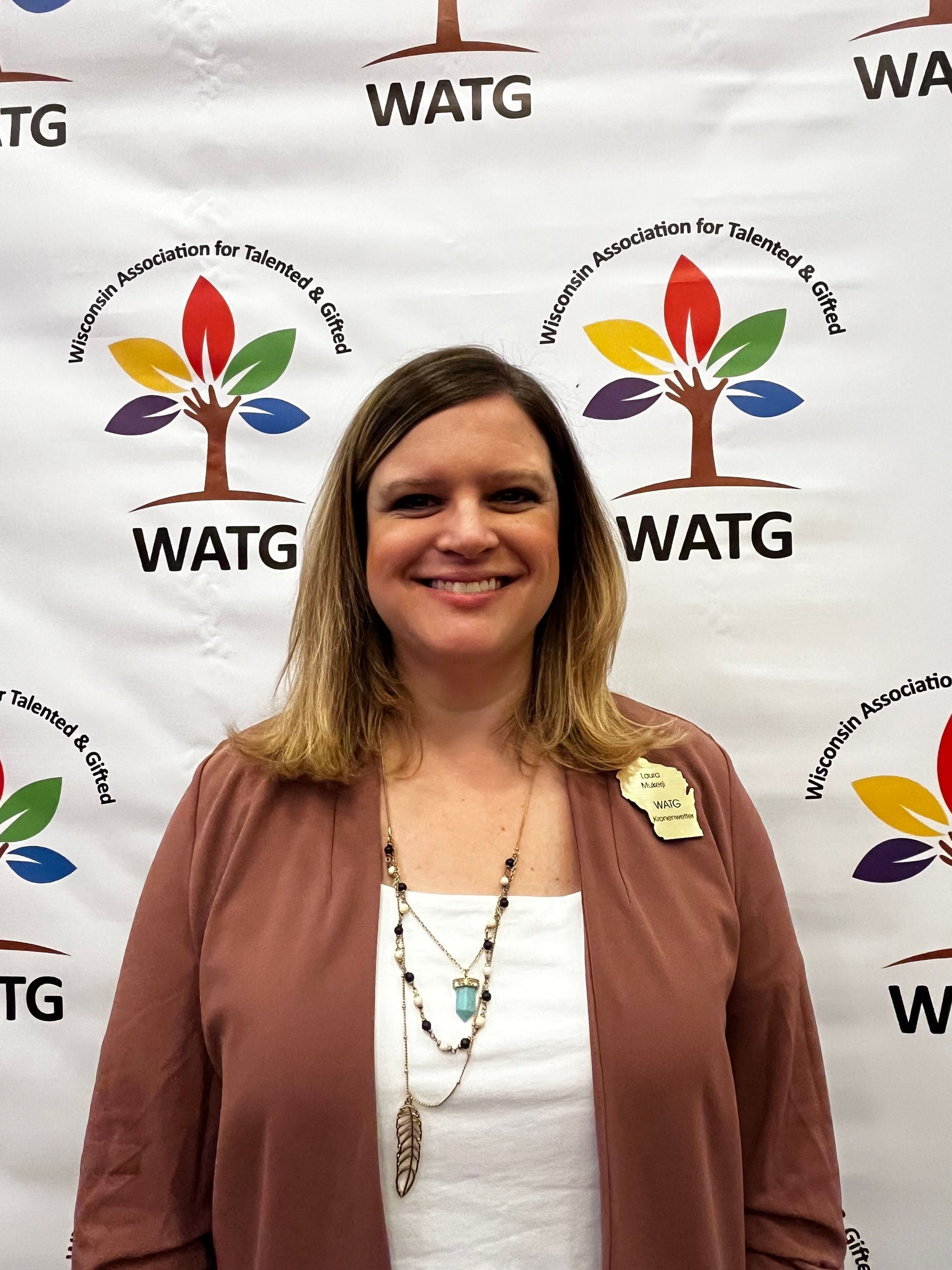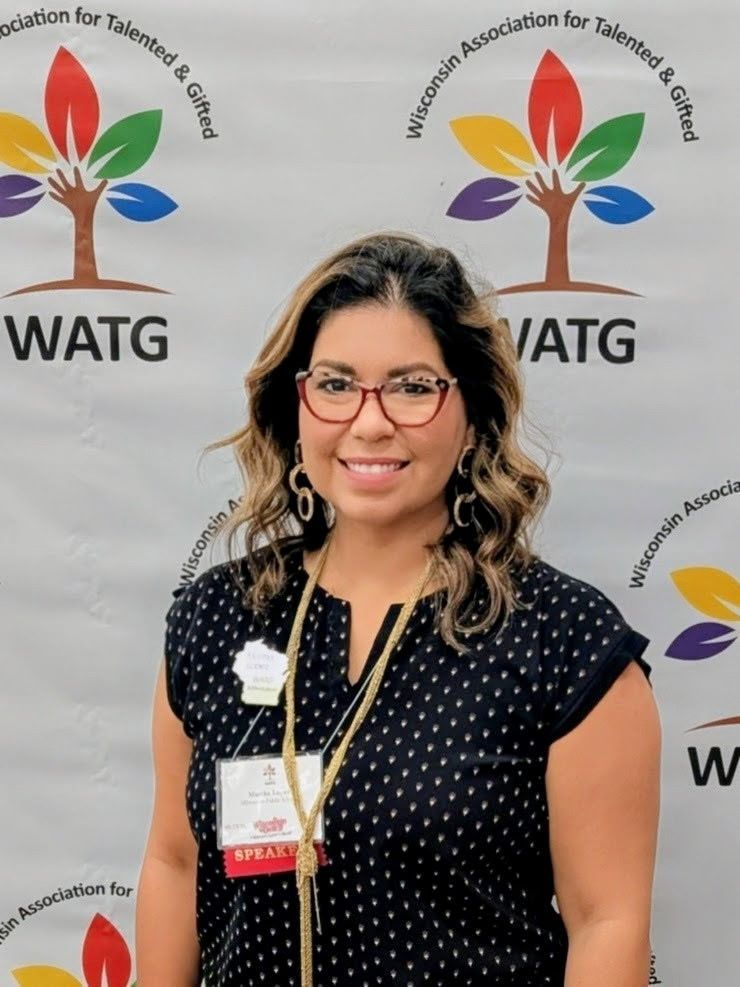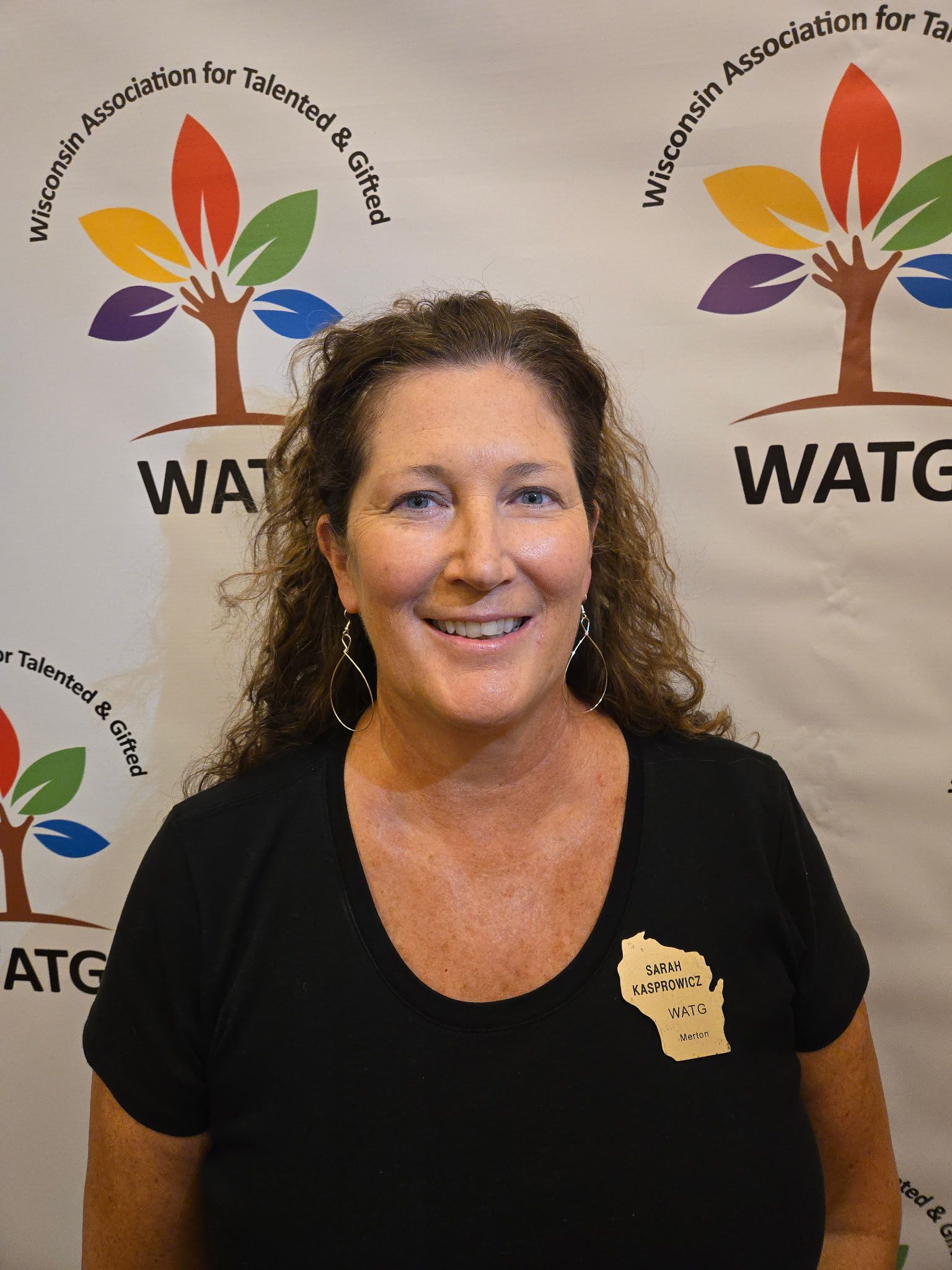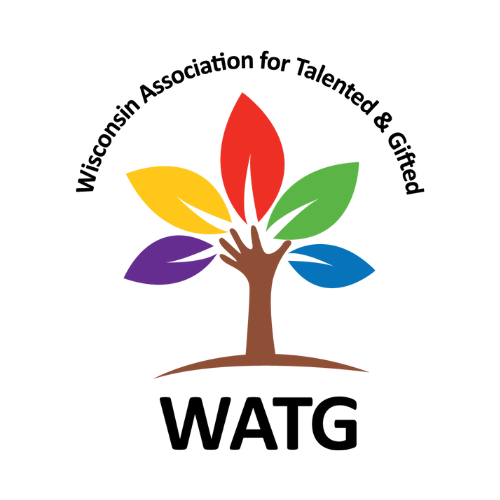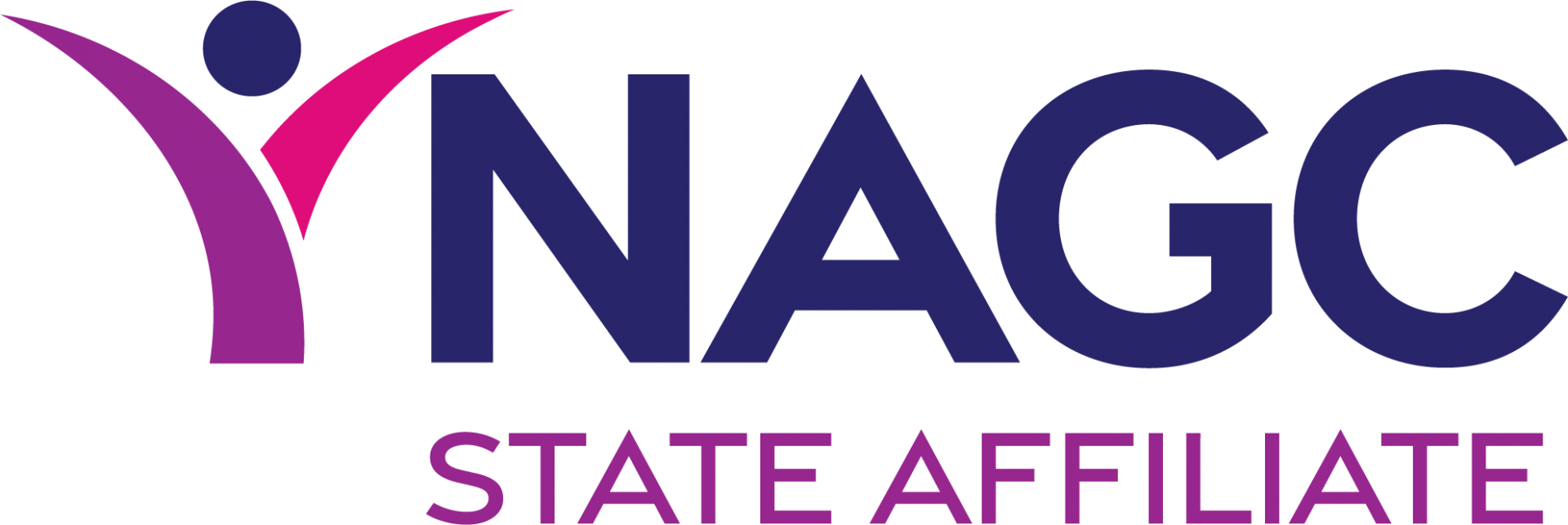Creating Optimal Conditions for Advanced Learners
In April of 2022, the Thomas B. Fordham Institute launched the National Working Group on Advanced Education. The mission of this group was “to promote research, policies, and practices that will develop the full capacities of students with high academic potential, especially Black and Hispanic students and those coming from economically disadvantaged backgrounds.” In their research report, Building a Wider, More Diverse Pipeline of Advanced Learners, they outlined 36 policies and practices, supported by research, to effectively build a wider and more diverse pipeline of advanced learners.
These policies stress early identification and support of talent, extra-curricular and summer enrichment activities, universal screening offered yearly with culturally relevant screeners, use of local norms, acceleration, differentiation, and enrichment opportunities, intentional recruitment of traditionally underrepresented and underserved students, and social/emotional and mental health supports. Additionally the policies support ongoing teacher training in strategies that support advanced learners, and state and local mandates that support all of the above strategies. The members of the working group are all well recognized and revered names in gifted education.
While reading about this project, another article from the Fordham Institute caught my attention. Entitled
The Impact of Advanced Education on Underprivileged Boys, this article spoke specifically about the importance of advanced education for this particular subgroup. If you have been following educational news and statistics, it should come as no surprise that our boys currently are lagging behind girls in educational performance. And yet, in their words, “the gender gap in education is less talked about than many other achievement gaps, but it persists.
Girls and women are more likely to finish high school, more likely to go to college, more likely to complete college, and consistently score higher on verbal standardized tests than their male counterparts. Even on math assessments, females have mostly closed the gender gap:
NAEP scores show similar fourth, eighth, and twelfth grade math scores going back to 1990, although boys had a slim edge in some years. Since boys and girls have
similar average IQ scores, girls' superior academic performance may be due to stronger
non-cognitive skills, such as conscientiousness and discipline.”
This made me wonder about what can be done to enhance boys’ academic performance?
In a new study (December 2024) from NBER, the National Bureau of Economic Research entitled
Can Gifted Education Help Higher-Ability Boys from Disadvantaged Backgrounds?, economists David Card, Eric Chyn, and Laura Guiliano show how advanced programming for students can have outsized effects for boys, especially those from low-income families and English language learners. “The study’s main finding was that gifted programming has a large effect on boys’ college-going but no such effect on girls. Seventy-four percent of boys who met the IQ cutoff (for gifted programming) attended college, compared to just 46 percent of those who narrowly missed it. This is a powerful effect that eliminates the gender gap in college enrollment.” Furthermore, the researchers chose to investigate shorter-term outcomes such as test scores, advanced course enrollment, disciplinary actions, and grades.
What did they find? Though gifted programming had a strong positive effect on enrollment by boys in advanced courses and a small, but positive effect on grade point average, it showed no effect on student test scores (regardless of gender), disciplinary actions, and grades. The researchers interpreted their findings to mean that unchanged test scores meant that improved college-going was not due to improvement of cognitive skills, but instead must indicate that gifted programming was influencing boys’ non-cognitive skills.
While discrediting some non-cognitive skills, such as conscientiousness, grit, and self-discipline, the researchers questioned whether these students were being socialized differently. In their words, “Many of the boys who participate in the gifted program may be adopting a college-going mentality as they are exposed to college prep coursework, different teachers, and higher-performing – and likely more affluent – peers…it may just result in them feeling like college is the obvious next step after high school, leading to their higher enrollment rates irrespective of their skills, cognitive or non-cognitive.”
At this point I began wondering just what we as educators and parents/caregivers can do to encourage more boys (especially from underrepresented populations) to tackle more advanced programming? How do we make this desirable, achievable, and laudable?
My biggest takeaway from the two Fordham articles is that first we must create as many positive conditions as possible in order for our students, male and female, to succeed and fulfill their promising potential. As the research evolves, we must examine the findings and compare them to our practices and policies. How can we create optimal learning and success conditions for advanced learners? Do we have the will and the skill?
As always, I welcome your thoughts. Together we grow.
By
Jackie Drummer, Past President and Current WATG Board Advisor
